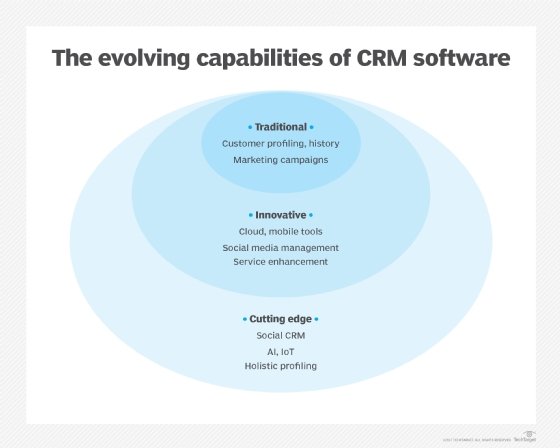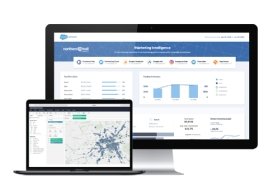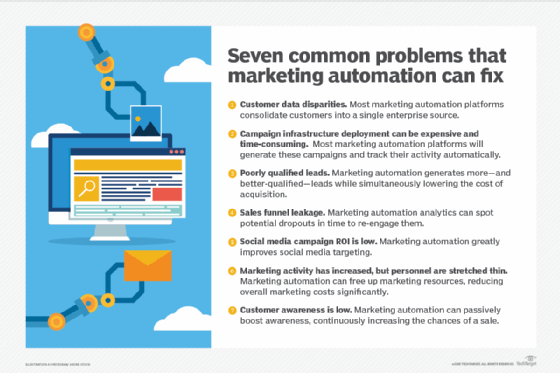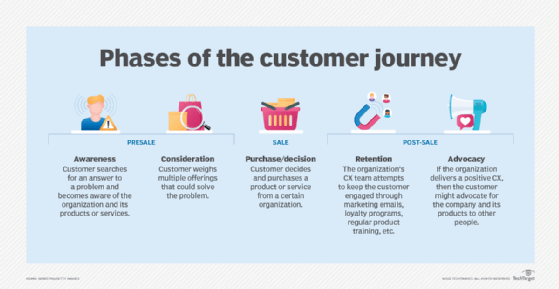Pardot (original) (raw)
What is Pardot?
Pardot is a software-as-a-service (SaaS) marketing automation platform by Salesforce that offers email automation, targeted email campaigns, and lead management for business-to-business (B2B) sales and marketing organizations.
What is Pardot used for?
Pardot aims to help businesses by automating everyday marketing tasks, including creating digital marketing campaigns, tracking customer behaviors, tracking website traffic, and managing web forms.
Pardot users can engage in search engine optimization (SEO), social media marketing and landing page marketing. Users can also leverage the platform to initiate email drip campaigns, lead management with nurturing and scoring, and campaign segmentation. Pardot offers features focused on analytics with marketing return-on-investment (ROI) tracking.
Pardot syncs well with Salesforce's customer relationship management (CRM) solution, offering a performance edge incentive for those who already use Salesforce CRM. Syncing with Salesforce CRM can take half the time or less compared to that required for competing products.

CRM software has evolved to the point that marketing teams can now use AI in automated tools to hyper-personalize marketing messages. This automates marketing tasks for businesses with features such as creating digital campaigns, tracking customer behaviors, tracking website traffic, and more.
What is Pardot called now?

Pardot syncs with Salesforce's customer relationship management CRM software.
In April 2022, Salesforce renamed Pardot to Marketing Cloud Account Engagement to better integrate the product name with the broader Salesforce Marketing Cloud suite.
Pardot touts a modern user interface (UI), which can be more intuitive than the UIs of competitors. Competition for Salesforce Pardot includes Eloqua, Adobe Marketo Engage, HubSpot Marketing Hub, Act-On, SharpSpring, ActiveCampaign, Constant Contact and Mailchimp.
How does Pardot work?
Marketing Cloud Account Engagement (Pardot) automates a variety of marketing tasks throughout the customer journey. Some key functionalities include the following:
Lead capture and management
Marketing Cloud Account Engagement helps marketing teams generate leads through forms, landing pages and website interactions. It then stores this data in the CRM as lead information.
Lead scores and grades will be based on the target audience's activity and profile, so marketing teams can prioritize those most likely to convert.
Marketing automation
At its core, Pardot was built to automate repetitive tasks. For example, companies can initiate highly personalized email marketing campaigns based on a lead's behavior.
Marketers can also leverage Pardot to create email drip campaigns that send targeted emails over a predefined period. This approach helps nurture leads toward a purchase decision. Users can also build workflows to trigger actions based on specific lead behaviors, such as sending a welcome email whenever a potential lead submits a form.
Segmentation and targeting
Marketing Cloud Account Engagement helps marketers segment their audience into groups, based on demographics, interests and behaviors.
Whenever the platform segments the audience into groups, companies can send targeted marketing campaigns that resonate better with each audience segment. This approach can help improve conversion rates.
Website tracking and analytics
The marketing automation platform can track website visitor behavior, including page views, downloads and form submissions. By tracking visitor behavior, enterprises can better understand what content resonates with their audience. These insights help optimize marketing campaigns with valuable marketing ROI tracking.
Integration with Salesforce CRM
Companies already operating within the Salesforce ecosystem can seamlessly integrate Pardot with Salesforce CRM. This provides businesses with a unified view of their customers.

Marketing automation software like Marketo can address many common business problems.
What is a Pardot campaign?
Pardot campaigns are now called Marketing Cloud Account Engagement Campaigns. This core feature helped businesses track prospect interactions within the platform.
Pardot campaigns focused on tracking a prospect's first touchpoint with the campaign. This could take the form of downloading a whitepaper, clicking on an ad or submitting a form.
Next, Pardot used the first touchpoint as the source campaign and followed it throughout the customer journey. This helped attribute the initial lead generation to future marketing activities.
However, Pardot campaigns could have been better at tracking a prospect's interactions with the marketing campaign. For example, if a potential lead interacted with multiple campaigns, only the initial one was recorded.
Since Salesforce acquired Pardot, users can now track multiple interactions leveraging Salesforce Campaigns, a comprehensive marketing platform within Marketing Cloud Account Engagement. With Salesforce, marketing teams can now track all the prospect's touchpoints and the engagement level with each campaign.

Software like Pardot is used to track customer behavior at each phase in their sales journey.
What is the Pardot form?
Pardot forms, now known as Marketing Cloud Account Engagement forms, are a cornerstone of Salesforce marketing companies. They help marketing teams capture leads and build a prospect database.
Marketing Cloud Account Engagement forms are embedded on a website or landing page. When a visitor fills out this form, marketing teams can capture their contact information in exchange for a whitepaper, newsletter, eBook, demo or webinar.
This information can then be stored in the CRM, segmented and adapted during the lifecycle of the campaign. Users can also run A/B testing in Pardot to ensure that they achieve their predefined goals.
Hubspot vs. Pardot
HubSpot and Marketing Cloud Account Engagement share many functions and features, but the platforms are quite different. For example, HubSpot comes with a comprehensive suite focused on inbound marketing, designed for businesses of all sizes.
Pardot or Marketing Cloud Account Engagement is specifically designed for B2B marketing automation and sales enablement. This makes it suitable for larger enterprises with intricate marketing needs, especially those already utilizing Salesforce CRM.
HubSpot has a user-friendly interface and an intuitive automation builder, requiring minimal technical knowledge to get started. In comparison, Marketing Cloud Account Engagement (Pardot) has a steeper learning curve. Some of its functionalities might need more technical expertise to get the most out of the platform.
With the right marketing automation software, marketers can streamline their workflows and focus more on creative tasks. Compare the top marketing automation software.